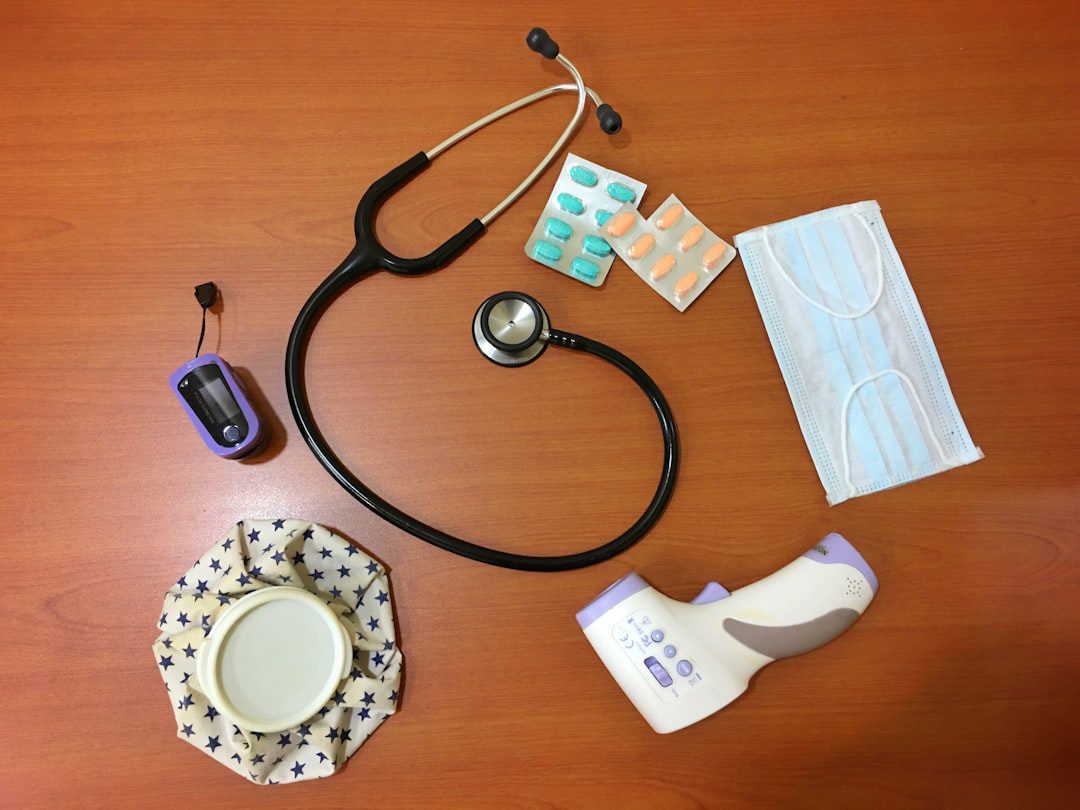
FDA Provides Critical Update on Medline Fluid Delivery Set Safety Alert
The FDA has issued an important update regarding a fluid delivery set issue from Medline Industries, marking a significant development in the agency’s Communications Pilot program designed to enhance the medical device recall system. This alert update provides crucial insights for medical device manufacturers about evolving FDA communication strategies and post-market surveillance expectations.
Understanding the Communications Pilot Program
This update is part of the FDA’s Communications Pilot to Enhance the Medical Device Recall Program, a strategic initiative launched to improve how safety information is communicated to healthcare providers, patients, and industry stakeholders. The pilot program represents the FDA’s commitment to more transparent and timely communication during device safety events.
Key objectives of the Communications Pilot include:
- Providing more frequent updates on ongoing safety issues
- Enhancing clarity in recall communications
- Improving coordination between manufacturers and FDA during recall events
- Testing new communication formats and channels
What This Means for Medical Device Manufacturers
The Medline fluid delivery set alert update signals several important trends that all medical device manufacturers should monitor closely:
Enhanced Post-Market Surveillance Expectations
The FDA is clearly prioritizing more robust post-market surveillance and communication. Manufacturers should expect increased scrutiny and more frequent communication requirements during safety events. This aligns with the FDA’s broader push toward real-world evidence and continuous monitoring of device performance.
Proactive Communication Standards
The pilot program demonstrates the FDA’s expectation for manufacturers to engage in proactive, transparent communication throughout the entire lifecycle of a safety event. This goes beyond traditional recall notification requirements and emphasizes ongoing dialogue with regulators.
Critical Action Items for Manufacturers
1. Review Your Communication Protocols
Evaluate your current recall and safety alert communication procedures. Ensure your quality management system includes protocols for:
- Rapid internal escalation of potential safety issues
- Clear communication chains with FDA during investigations
- Regular status updates to stakeholders
- Documentation of all communication activities
2. Strengthen Post-Market Surveillance Systems
The fluid delivery set issue underscores the importance of robust post-market surveillance. Manufacturers should:
- Implement comprehensive complaint handling procedures per ISO 13485
- Establish proactive monitoring systems for device performance
- Maintain detailed traceability records for rapid response capabilities
- Regularly analyze trend data for early safety signal detection
3. Prepare for Enhanced FDA Engagement
With the Communications Pilot program, manufacturers should expect more frequent FDA interaction during safety events. Prepare by:
- Training key personnel on FDA communication expectations
- Establishing dedicated resources for regulatory communication
- Creating templates for consistent, professional responses
- Maintaining readily accessible technical documentation
Regulatory Compliance Implications
This alert update reinforces several key regulatory requirements under 21 CFR Part 806 (Medical Device Reports) and Part 820 (Quality System Regulation). Manufacturers must ensure their quality systems are designed to:
- Detect potential safety issues quickly
- Investigate complaints thoroughly and document findings
- Report adverse events in compliance with MDR requirements
- Implement corrective and preventive actions (CAPA) effectively
Looking Forward: Preparing for Industry Changes
The Communications Pilot program represents a shift toward more collaborative and transparent regulatory oversight. Manufacturers who embrace this approach and invest in robust quality systems will be better positioned to navigate future regulatory challenges and maintain market access.
Stay informed about ongoing developments in the Communications Pilot program and consider how these changes may impact your organization’s regulatory strategy. The lessons learned from the Medline case will likely influence future FDA expectations across all device categories.


No comments yet. Be the first to comment!